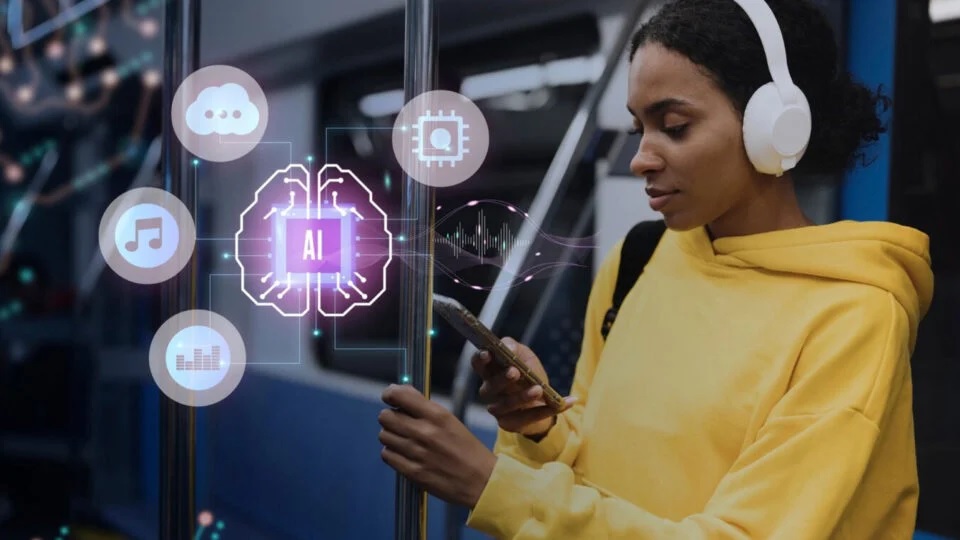In recent years, competition among travel service providers has intensified due to the global resurgence of the tourism sector. Launching generic vacation promotions is no longer sufficient to attract today’s discerning travelers. The differentiating factor lies in harnessing smart data to deliver tailored holiday offers based on individual preferences. This article explores how tourism companies can leverage technologies like predictive analytics and big data to enhance leisure experiences and boost sales.
Smart Data: The Modern Guide for Tourism
Smart data has emerged as a cornerstone of contemporary tourism, offering insights into consumer behavior, motivations, and purchasing habits. By utilizing real-time data analysis, travel companies can identify travelers' specific needs and craft corresponding experiences. For instance, data sourced from online booking platforms, social media, and loyalty programs enables targeted promotions based on gender, age, or interests.
Brands like Marriott and Expedia exemplify this approach, using big data to enhance customer interactions by tailoring vacation offers to individual travel histories and upcoming plans. This strategy not only drives product and service sales but also fosters stronger customer relationships.
Personalizing Vacations for Unique Experiences
Today’s travelers expect personalized services that align with their interests. Smart data allows travel companies to create customized trips based on destination type, activity preferences, and customer demographics. From adventure excursions to wellness-focused retreats, predictive analytics enables businesses to cater to diverse traveler demands.
Platforms like Airbnb and TripAdvisor use predictive analysis to recommend holiday options tailored to users’ browsing histories and preferences. This technology also helps identify emerging trends, such as the growing interest in unconventional destinations, enabling companies to craft innovative travel packages.
The Omnichannel Approach: Connecting with Travelers Everywhere
Effective tourism marketing engages consumers across multiple channels, including websites, mobile apps, email, and social media. Real-time data analysis ensures seamless communication that enhances the customer experience.
For example, geolocation data can trigger personalized alerts about travel offers when customers are near specific locations. Similarly, dynamic email content can adapt based on user interactions, providing tailored options that increase engagement and conversions.
To Know More, Read Full Article @ https://ai-techpark.com/power-of-smart-data/
Related Articles -






